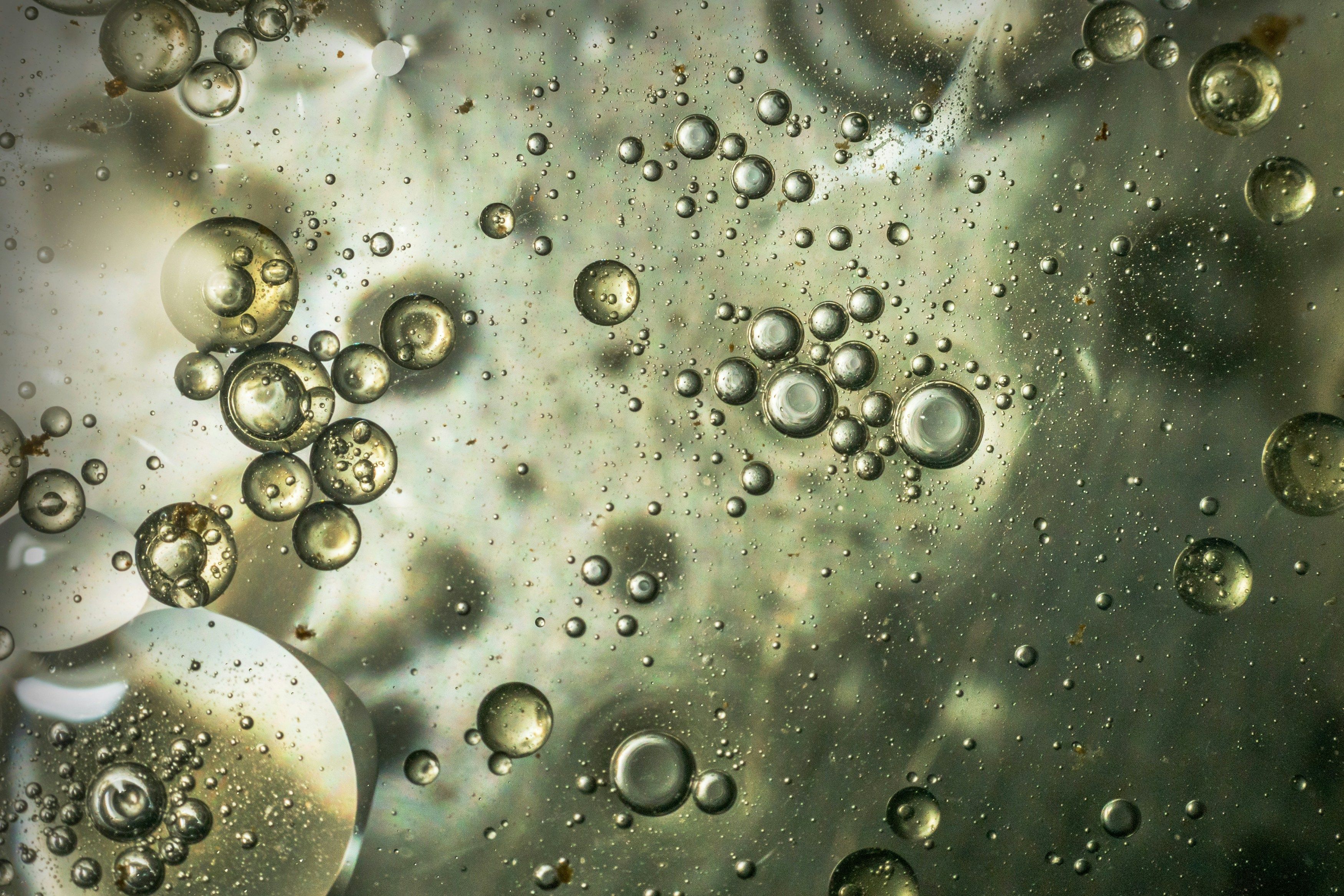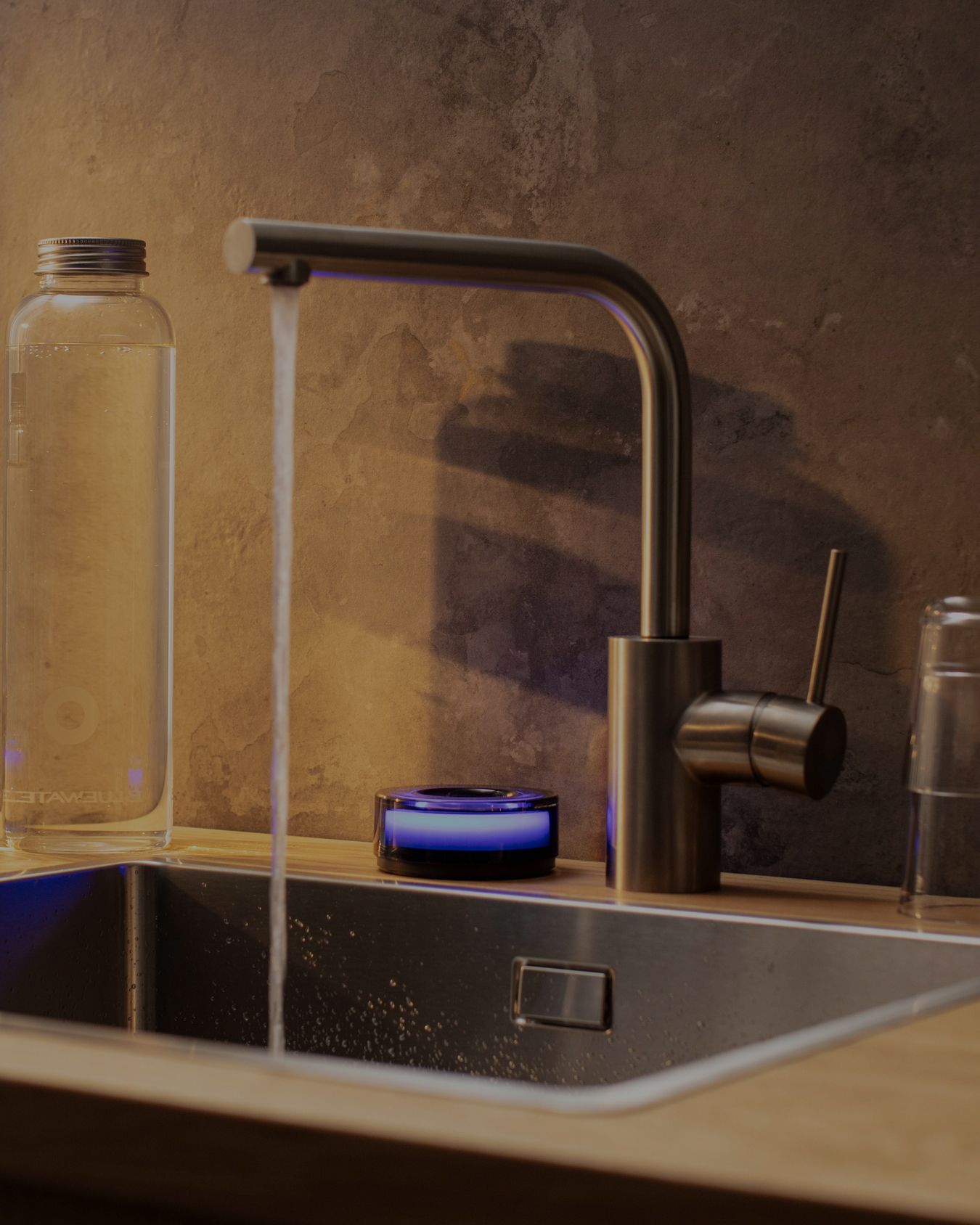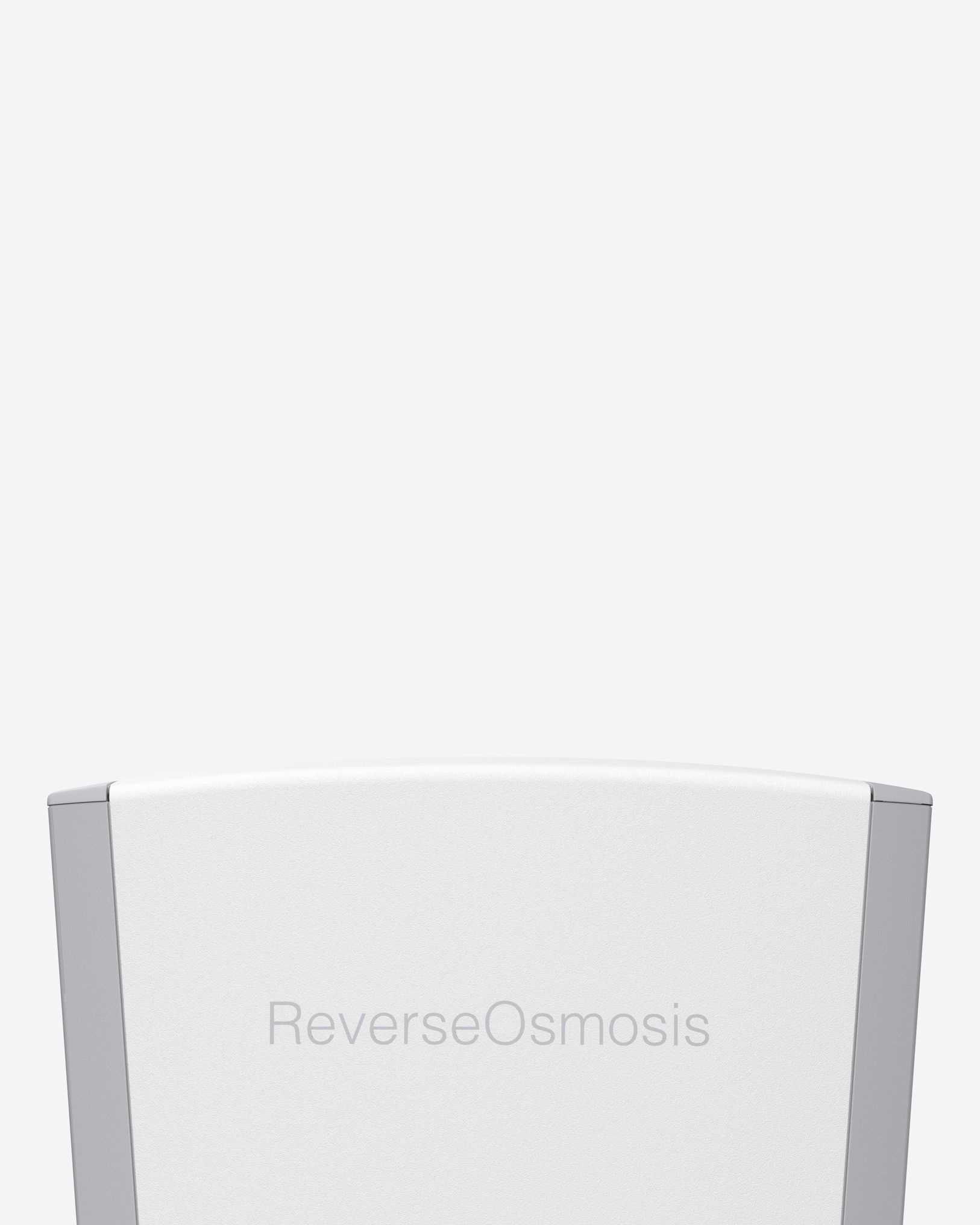What are Total Fluorinated Alkyl Substances (TFAs) in Tap Water?
Total Fluorinated Alkyl Substances (TFAs), commonly referred to as per- and polyfluoroalkyl substances (PFAS), are a group of man-made chemicals that have been used in a variety of industries around the globe since the 1940s. PFAS are known for their resistance to water, oil, and stains, and are commonly found in products such as non-stick cookware, water-repellent clothing, and firefighting foams.

Why Should We Be Concerned About TFAs?
PFAS are often called "forever chemicals" because they do not break down in the environment and can accumulate over time. This persistence means that PFAS can remain in water sources for many years, posing potential health risks to humans and wildlife. Exposure to PFAS has been linked to various health problems, including:
- Thyroid hormone disruption
- Increased cholesterol levels
- Immune system effects
- Increased risk of certain cancers
How Do TFAs Get Into Our Drinking Water?
PFAS can enter water sources through several pathways, including:
- Industrial Discharge: Factories that use or produce PFAS can release these chemicals into nearby water bodies.
- Firefighting Foams: PFAS are a component of certain firefighting foams used to extinguish petroleum-based fires, which can contaminate water sources.
- Consumer Products: Items treated with PFAS, such as non-stick cookware and water-repellent fabrics, can degrade and release PFAS into the environment.
- Landfill Leachate: PFAS from disposed products can seep out of landfills and into groundwater.
How Can We Reduce TFAs in Tap Water?
- Source Protection: Limiting the use of PFAS in industrial processes and consumer products can help prevent contamination at the source.
- Advanced Filtration Systems: Home filtration systems designed to remove PFAS are an effective way to ensure safe drinking water.
Bluewater Kitchen Station 1™: A Solution to TFAs
Bluewater’s Kitchen Station 1™ provides a comprehensive solution for removing TFAs and other contaminants from tap water. Here’s how it works:
SuperiorOsmosis™ Technology
- Advanced Filtration: Kitchen Station 1™ uses SuperiorOsmosis™ technology, which effectively removes up to 99.7% of contaminants, including TFAs. This multi-stage filtration process ensures thorough purification, addressing even the most persistent contaminants.
Mineralization
- Balanced Mineral Content: After purification, Kitchen Station 1™ reintroduces essential minerals like calcium and magnesium. This not only improves the taste but also ensures that the water supports overall health and wellness.
Economic and Environmental Benefits
- Cost Savings: By producing purified, mineralized water at home, users save money that would otherwise be spent on bottled water.
- Environmental Impact: Reduces plastic waste and minimizes the carbon footprint associated with transporting bottled water. This promotes a more sustainable lifestyle.
Conclusion
TFAs in tap water are a significant concern due to their potential health risks and persistence in the environment. Kitchen Station 1™ offers an effective solution to this problem by removing TFAs and other harmful substances through advanced purification technologies. Additionally, it enhances the water with essential minerals, ensuring that the water is not only safe but also beneficial to health. Investing in Kitchen Station 1™ is a step towards ensuring clean, healthy drinking water for you and your family.
For more information about the Kitchen Station 1™ and other Bluewater products, visit our website or contact us at sales@bluewatergroup.com.


